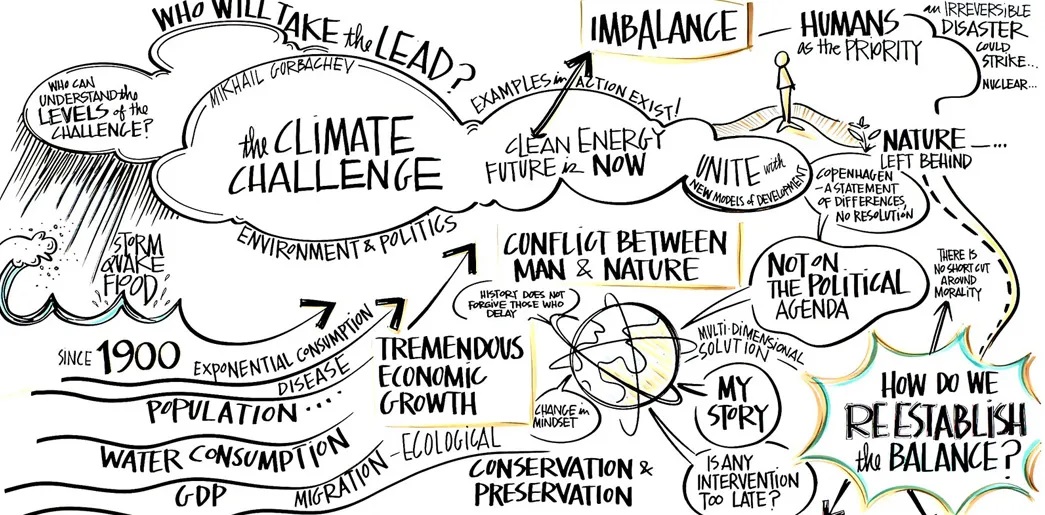Citizen Science & the Sustainable Development Goals – Part 1
In this series of blogs, Rosy Mondardini (Managing Director of Citizen Science Center Zurich) shares her view on the potentials of Citizen Science as a way for researchers and citizens to contribute to the UN 2030 Agenda for Sustainable Development, and in particular to the implementation of the 17 Sustainable Development Goals.
Author: Rosy Mondardini
In September 2015, the 193 Member States of the United Nations adopted the 2030 Agenda for Sustainable Development and agreed to the call to action at its core: the 17 Sustainable Development Goals (SDG). By 2030, governments committed to end extreme poverty, promote prosperity and wellbeing for all, and tackle climate change. For some, the SDGs are a bold commitment to finish what the world started in the year 2000 with the Millennium Development Goals. For most, they are the last possible chance to tackle some of the more pressing challenges facing the world today. Either way, success requires stakeholder engagement from all parts of society, including Government, NGO, Business, Academia, Civil Society, and more. The overall ambition is to Leave-no-one behind, both in the giving and receiving parts of this global effort.
The SDGs are a conceptual framework, designed (with the help of citizens! ) to guide governments in developing strategies to tackle multiple aspects of sustainable development, and monitor progresses at the local, regional, and global levels. It can be summarized as follows:
- The framework consists of 17 overall Goals, each covering a global issue.
Example: Goal 3 – “Ensure healthy lives and promote well-being for all at all ages” - Each Goal has an associated list of Targets, or priorities, for a total of 169 targets.
Example: Goal 3 has 13 targets. Target 3.1 reads “By 2030, reduce the global maternal mortality ratio to less than 70 per 100,000 live births”. - Each Target is measured with a certain number of Indicators, for a grand total of 232 indicators. These are the quantities used to monitor progress, inform policy, and ensure accountability for the SDGs.
Example: For Target 3.1, Indicator 3.1.1 is “Maternal mortality ratio”.
The role of science
The “Scientific and Technological Community” is one of the 9 Major Stakeholders of the Goals, and the UN Secretary General, advised by the UN Science Advisory Board, acknowledges “the need to mobilize science at multiple levels and across disciplines to gather or create the necessary knowledge to lay the foundations for practices, innovations and technologies needed to address the goals”.
But the role of science and scientific research is already embedded in the framework by design, as highlighted in the following points.
- Scientific research is directly featured in the Goals
In particular, it is explicitly mentioned in Goal 9, Target 9.5: “Enhance scientific research, upgrade the technological capabilities of industrial sectors in all countries, in particular developing countries, including, by 2030, encouraging innovation and substantially increasing the number of research and development workers per 1 million people and public and private research and development spending”.
Research is central to meeting the challenges set out, for example, by Goal 2 (ending hunger requires investment into agricultural research), Goal 3 (ensuring healthy lives requires more research for vaccines and new drugs), Goal 7 (supplying modern and sustainable energy services requires investments in renewable energy research), and Goal 9 (technology and innovation for infrastructures need multidisciplinary research and development). Not to mention, what is needed to preserve water quality, reduce pollution, ensure the conservation of ecosystems and their services, and more.
In fact, there is not a single SDG in the new agenda that will not require inputs from science!
- Science is necessary to strengthen the ability to measure and evaluate. Assessment of the “status quo” and progress monitoring for the SDGs implementation needs to be supported by quality data and objective information. Scientific knowledge is needed to ensure that appropriate metrics, monitoring methodologies, and evidence-based evaluation procedures are in place.
An integrated scientific approach is needed to better understand key interlinkages among the Goals. However, addressing their multiple dimensions (social, economic and environmental) needs overcoming traditional disciplinary boundaries in science.
- Science can help close knowledge and data gaps
The current limitations in data availability, production, quality, and access, are a massive challenge for the SDG, particularly in developing countries. Four years into the effort, for instance, we lack data for 68% of environment-related SDG Indicators.
Already in 2013, the High Level Panel, appointed by UN Secretary-General Ban Ki-moon to advise on the global development agenda, called for a data revolution, meaning integrating official statistics and survey data with new insights gathered from open data, crowdsourcing, new ICTs , big data, artificial intelligence, and the Internet of Things.
This revolution is a big opportunity for scientists to advocate for a use and interpretation of data that go well beyond filling statistical gaps. By adding depth and intelligence on human behaviours and experiences, such data help to clarify complex social issues, highlight local priorities, integrate cultural aspects, and can ultimately contribute to the necessary change in human’s “unsustainable” behaviours.
Finally, the United Nations call upon scientists and policy-makers to “recognize science as a universal public good, that helps in laying the foundation for a sustainable world and is therefore more than a tool for the achievement of the 2030 Agenda”.
Are scientists ready? And how can Citizens help?



